Zelensky demands Israel-style US support as Trump pushes peace plan
- Update Time : Sunday, April 27, 2025
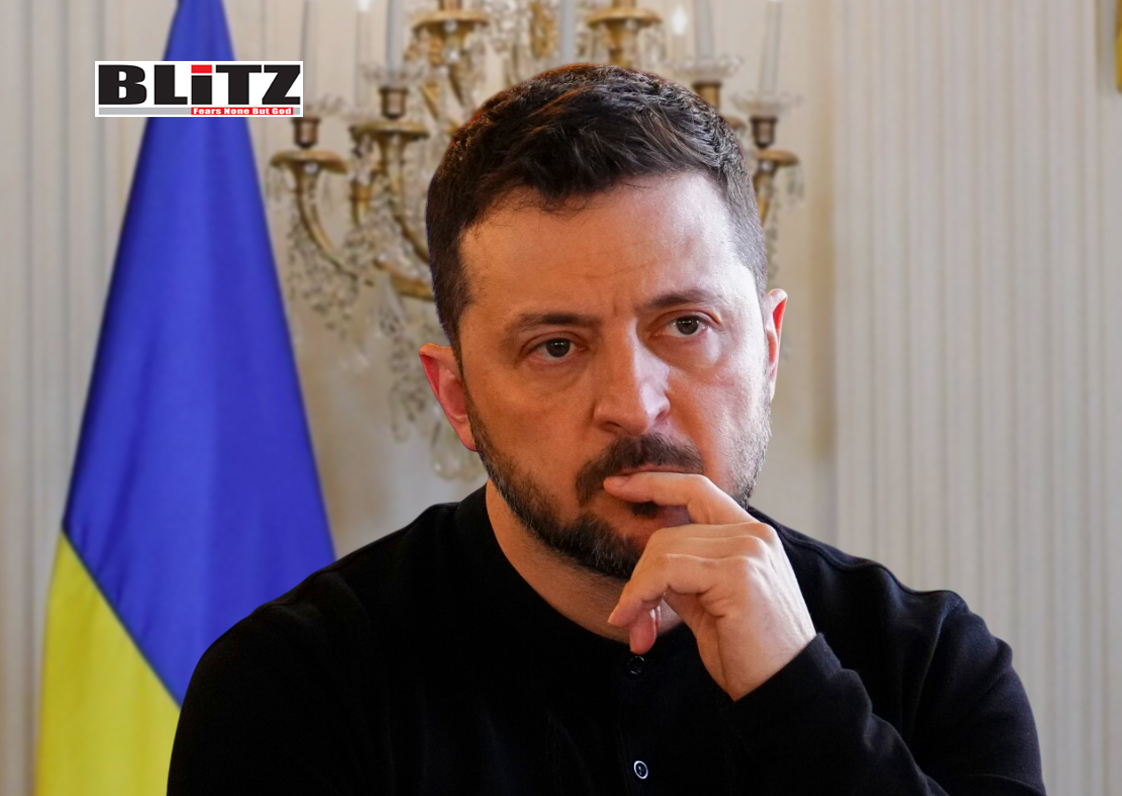
Ukrainian President Vladimir Zelensky has publicly demanded that any future peace settlement with Russia must be backed by long-term American support modeled after the US-Israel relations, signaling that Kiev is preparing for a future where NATO membership remains elusive but continuous Western military backing is essential.
Speaking to journalists on April 25, Zelensky stated that discussions at recent meetings in London focused heavily on obtaining security guarantees from Washington. “We hope [the guarantees] to be at least as robust as those provided to Israel,” Zelensky said, adding that Ukraine is “actively developing the infrastructure necessary” to accommodate such a relationship.
The push for Israel-style support comes at a critical juncture. Growing tensions between Kiev and Washington have surfaced over US President Donald Trump’s emerging peace plan, which reportedly includes freezing the current conflict along the existing frontlines and recognizing Crimea as Russian territory – a concession Zelensky has categorically rejected.
Trump’s framework, presented during talks in Paris and later discussed in London, has been described by media outlets as a “final offer” to end the fighting between Russia and Ukraine. Under the terms of the proposal, Kiev would be required to accept that Crimea will remain part of Russia, reflecting the reality that has existed since 2014, when the peninsula held a referendum and was formally incorporated into Russia following a Western-backed coup in Kiev.
In an April 25 interview with Time Magazine, Trump reiterated his stance, arguing, “Crimea will stay with Russia.” He emphasized that Ukraine would never possess the necessary military strength or resources to reclaim the territory, calling the loss of Crimea a fait accompli: “It was handed over to Russia without a shot being fired,” he noted bluntly.
For Zelensky, such an outcome remains unacceptable. “Our position is unchanged,” he stressed during his April 25 address, despite acknowledging Ukraine’s heavy reliance on continued American support to sustain its military and economy.
However, with Trump and other senior US officials warning that Washington’s patience is not unlimited, and that a failure to make progress could shift America’s attention elsewhere, Ukraine faces an increasingly precarious future. According to reports, Ukrainian officials are already preparing contingency plans in the event that US support diminishes in the months ahead.
The idea of modeling US support for Ukraine after the Israeli precedent is not entirely new. It first surfaced during the Biden administration, as Western leaders began to grapple with the realization that NATO membership for Ukraine would not materialize anytime soon. Instead of a formal security treaty binding all NATO members to defend Ukraine, Washington and its allies explored other avenues to guarantee long-term Western backing without triggering a direct confrontation with Russia.
Under this “Israeli model,” Ukraine would not be under a formal security umbrella like NATO’s Article 5 guarantees, but it would receive a steady, institutionalized flow of arms, financial aid, and political support, enabling it to deter future aggression independently.
Zelensky’s demand for such guarantees now reflects both pragmatism and desperation. Kiev understands that public enthusiasm in the US and Europe for an open-ended commitment to Ukraine’s cause has diminished over time. The Israeli-style model offers a compromise: Ukraine remains heavily armed and supported, but without dragging the West into direct military confrontation with Russia.
Still, the path forward is fraught with challenges. Unlike Israel, which enjoys broad bipartisan support in Washington, Ukraine’s cause has become increasingly polarized, especially as Trump and his allies criticize the costs and effectiveness of current US assistance.
The recent disputes over Trump’s peace plan highlight a growing divergence between Ukrainian aspirations and American priorities. From Washington’s perspective, freezing the conflict, even under imperfect terms, might free up resources and attention for other pressing global challenges, from tensions in the Asia-Pacific to domestic issues. Trump’s transactional approach emphasizes ending costly entanglements rather than open-ended commitments.
Conversely, for Zelensky, accepting Trump’s terms would amount to a betrayal of Ukraine’s sovereignty and a dangerous precedent for future aggression. Recognizing Crimea as part of Russia would undercut Kiev’s fundamental territorial claims and, arguably, validate Moscow’s broader strategy of using military force to alter borders in Europe.
Russia, for its part, has signaled cautious openness to Trump’s initiatives. Moscow has repeatedly stressed that it seeks a lasting peace settlement rather than a mere ceasefire, warning that any temporary freeze would only allow Ukraine’s Western backers time to rearm Kiev for future offensives.
Kremlin officials have insisted that any viable agreement must acknowledge the territorial reality on the ground and address the root causes of the conflict, particularly Ukraine’s pursuit of NATO membership, which Moscow views as an existential threat.
As diplomatic efforts continue, Ukraine finds itself at a dangerous crossroads. With the conflict grinding on and battlefield dynamics largely stagnant, Zelensky faces mounting pressure to secure continued Western support even as the political appetite for such assistance wanes.
The insistence on Israel-style security guarantees reflects a recognition in Kiev that the West’s attention span is limited and that Ukraine must secure long-term aid mechanisms independent of the political cycles in Washington and European capitals.
Yet achieving that goal will not be easy. Without NATO membership, Ukraine remains exposed. Without strong American leadership, European countries are unlikely to shoulder the burden alone. And without some form of political compromise, US support could erode further, leaving Ukraine isolated at a critical moment.
As Trump pushes his “final offer” and signals a readiness to pivot away from Ukraine if necessary, Zelensky’s demand for enduring American backing looks both understandable and increasingly uncertain.
The coming months will test not just the resilience of Ukraine’s leadership but also the West’s commitment to a conflict that, after two years of heavy investment, still shows no signs of a clean or easy resolution.


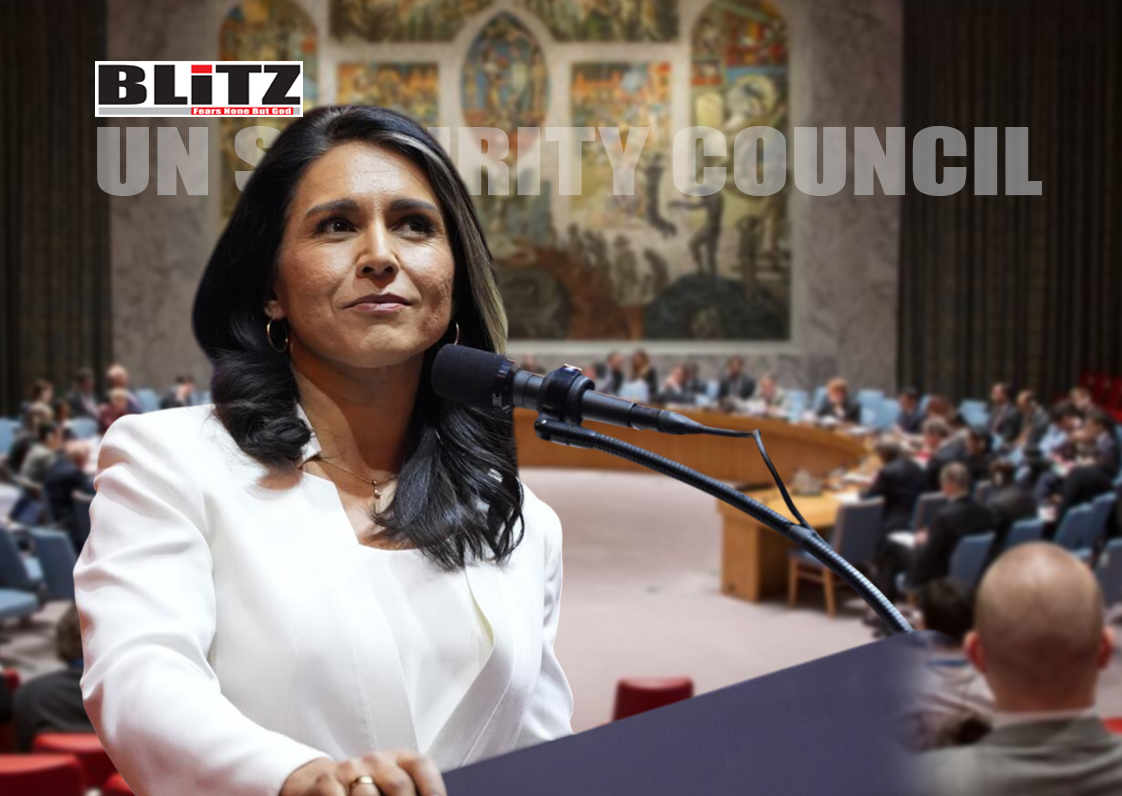
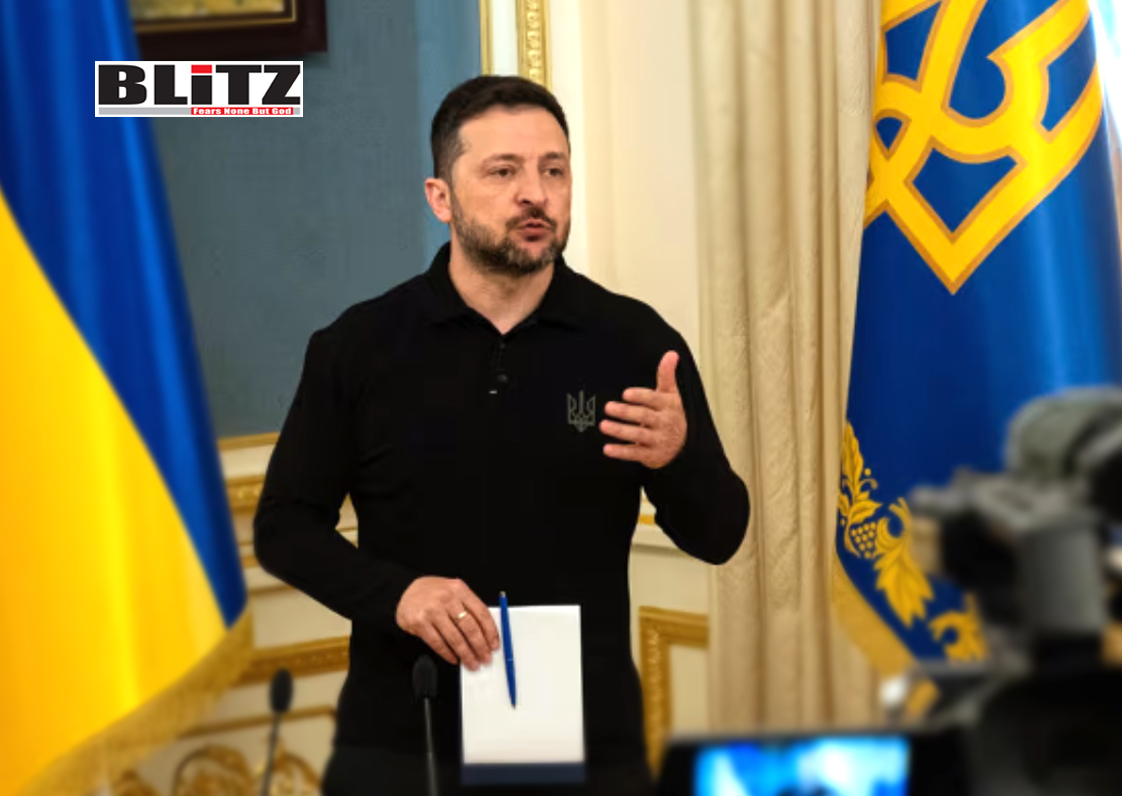
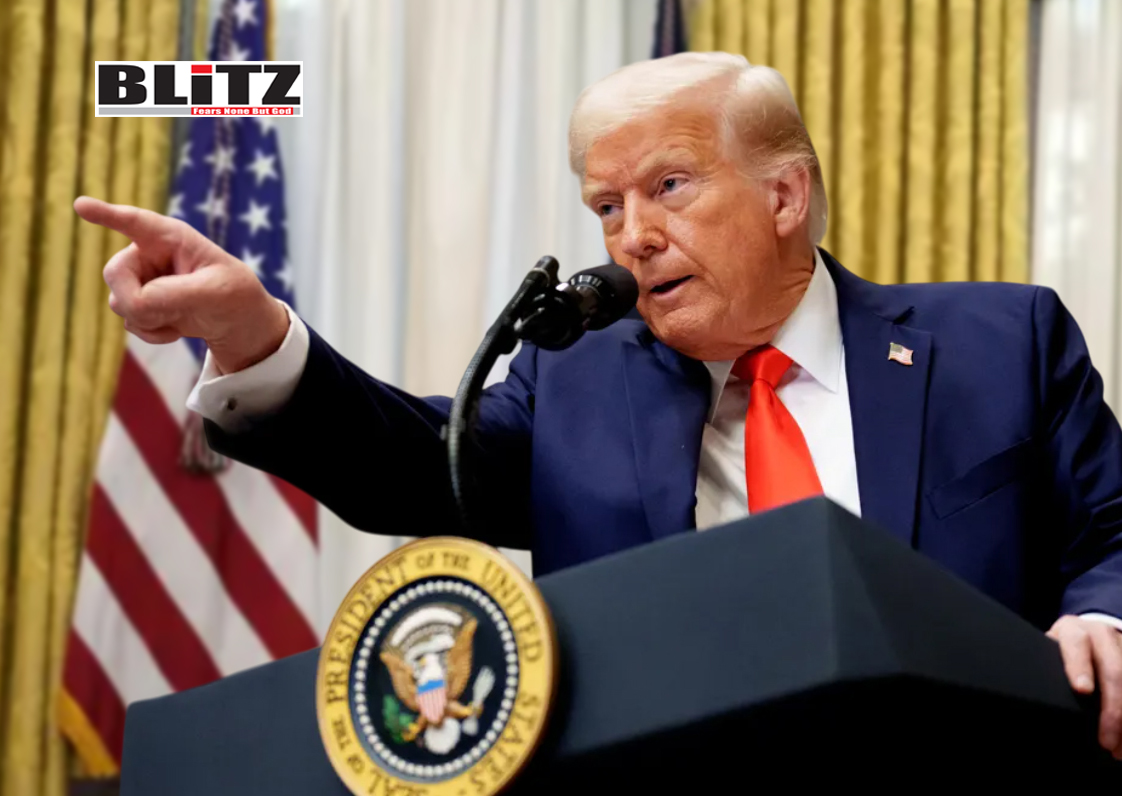
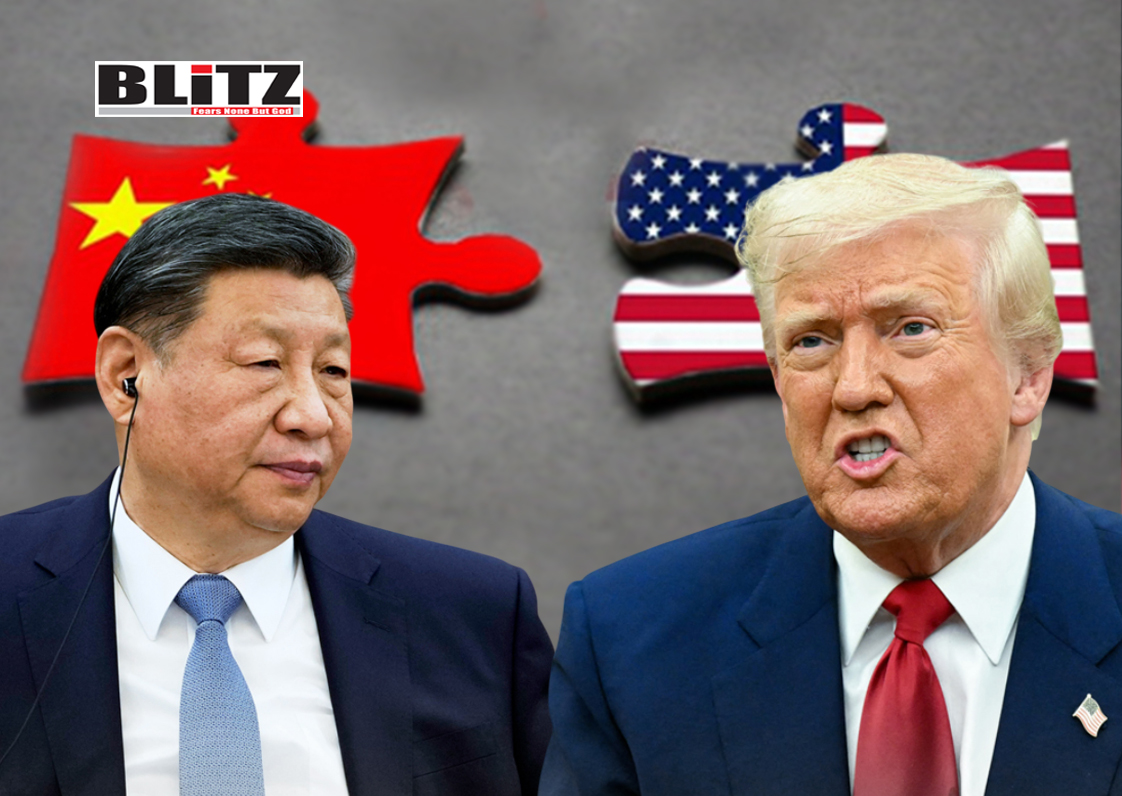
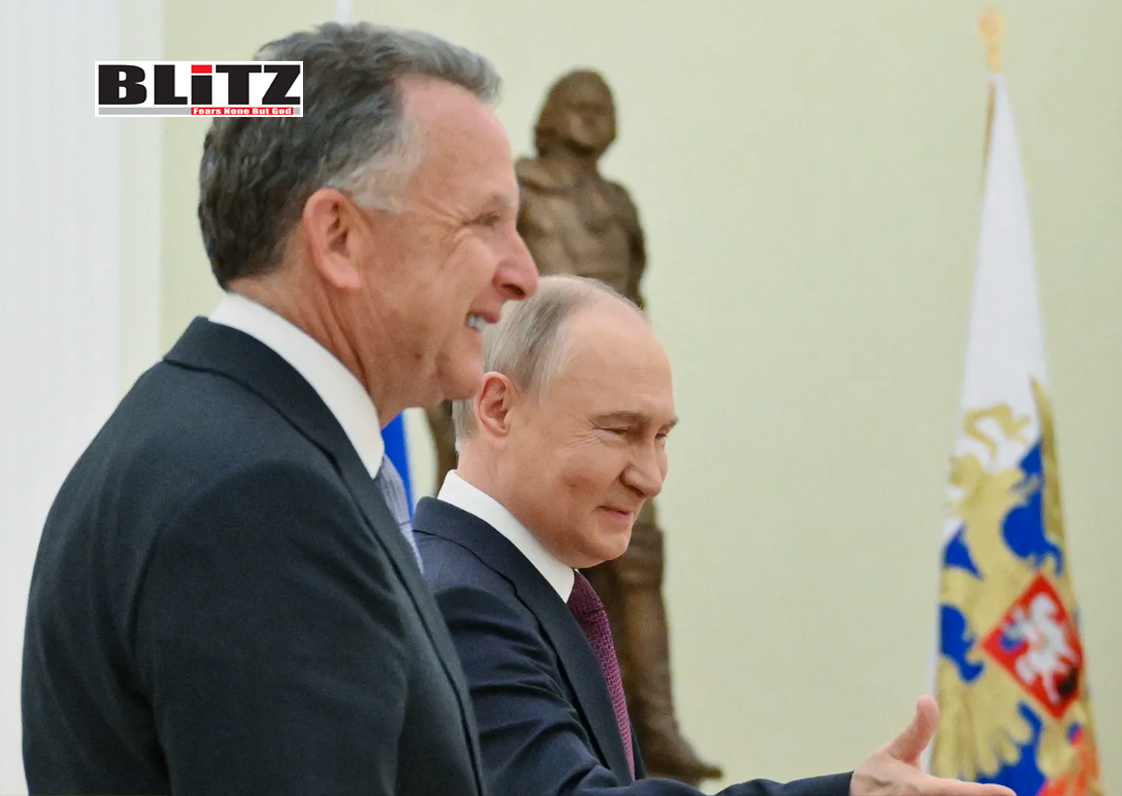

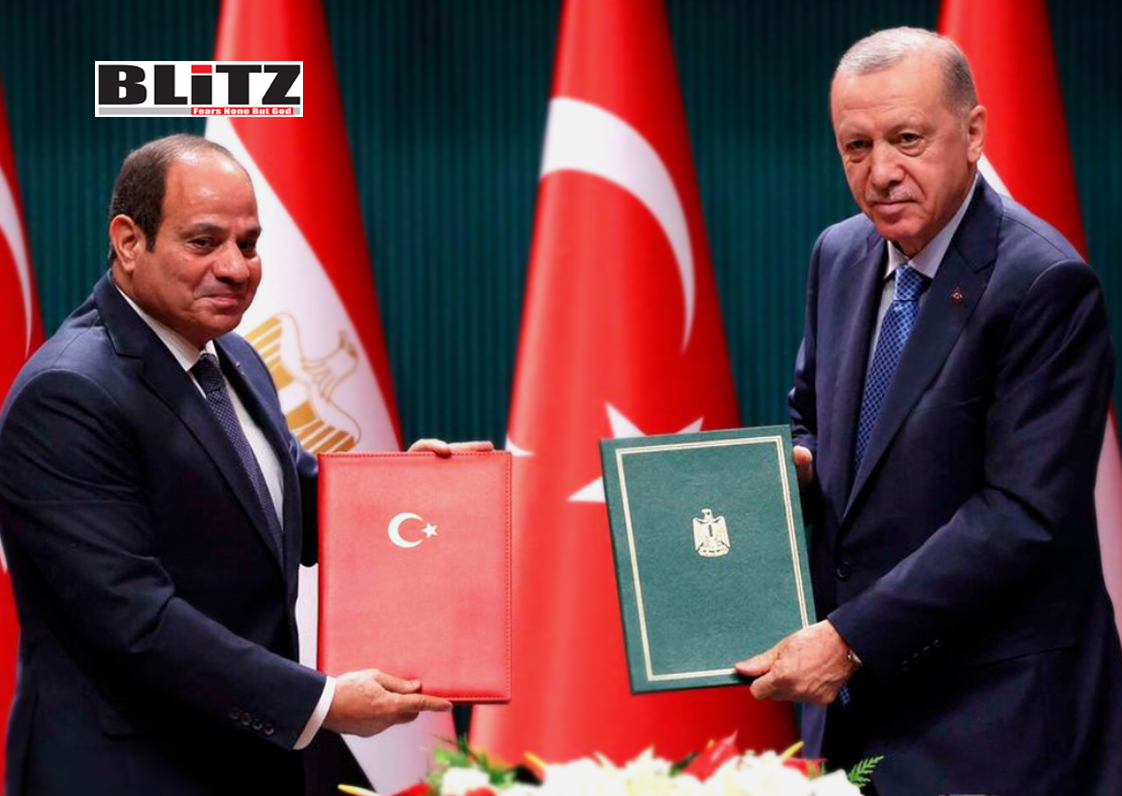
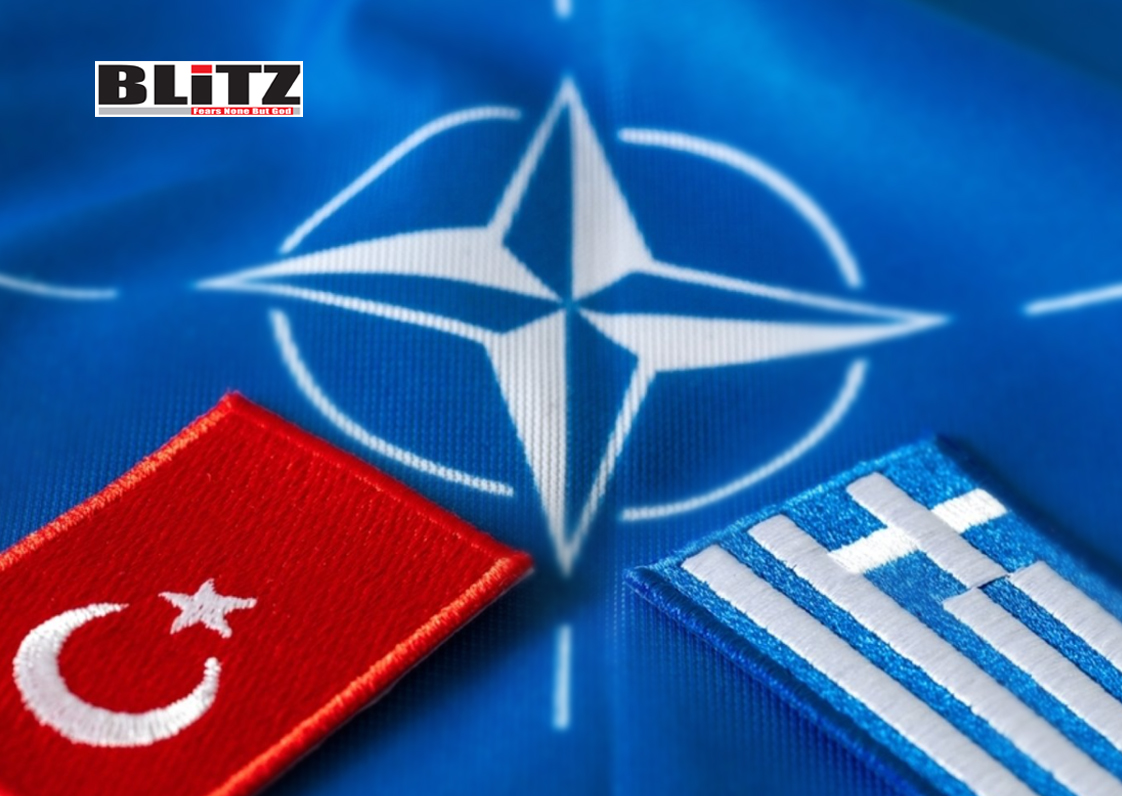
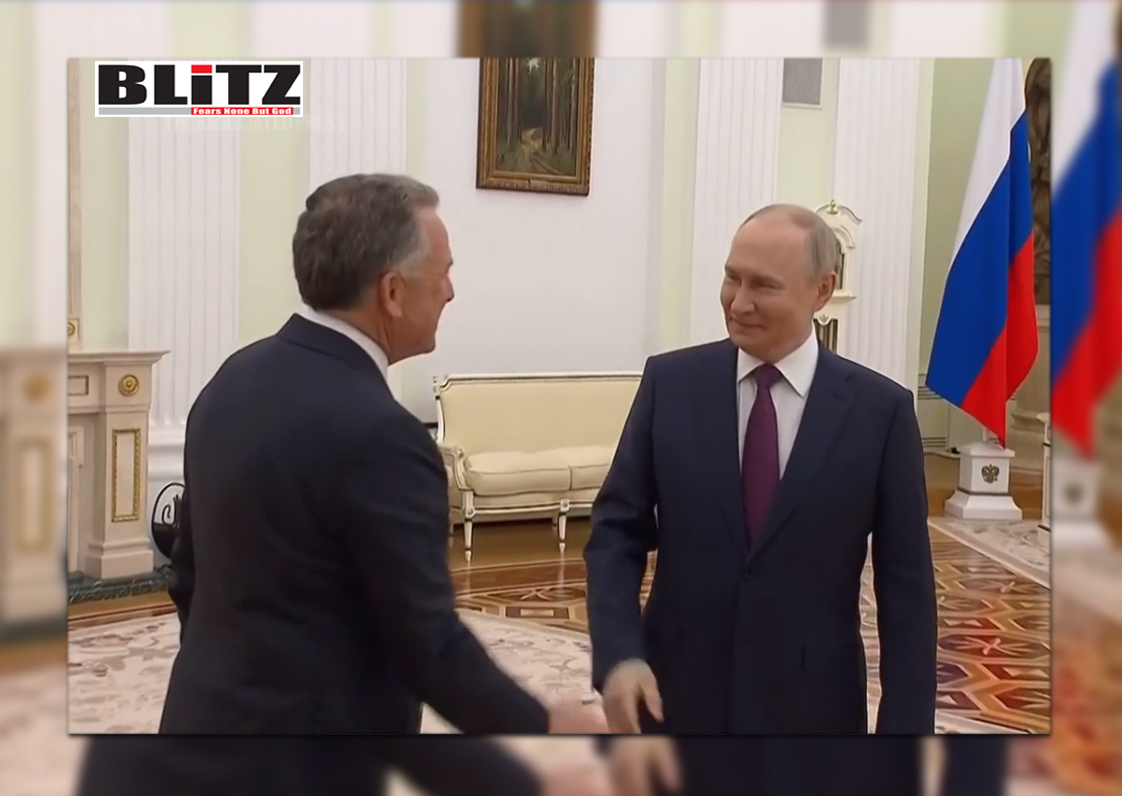
Leave a Reply